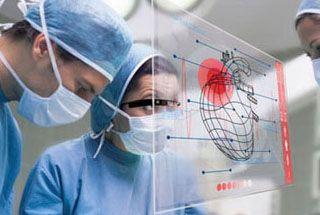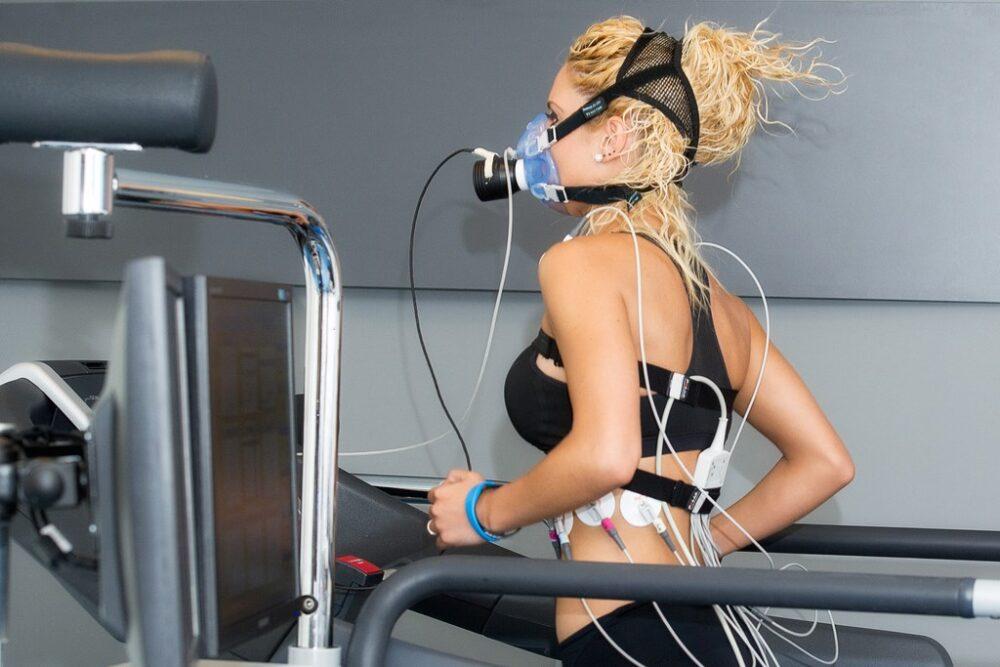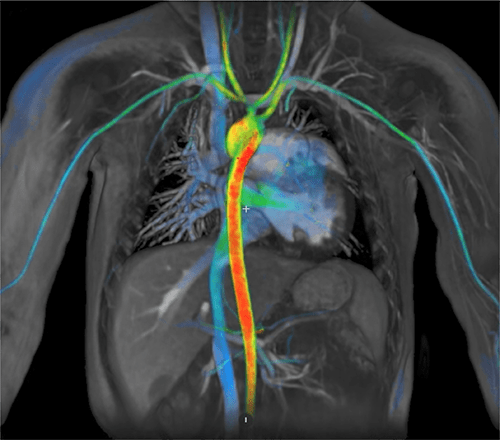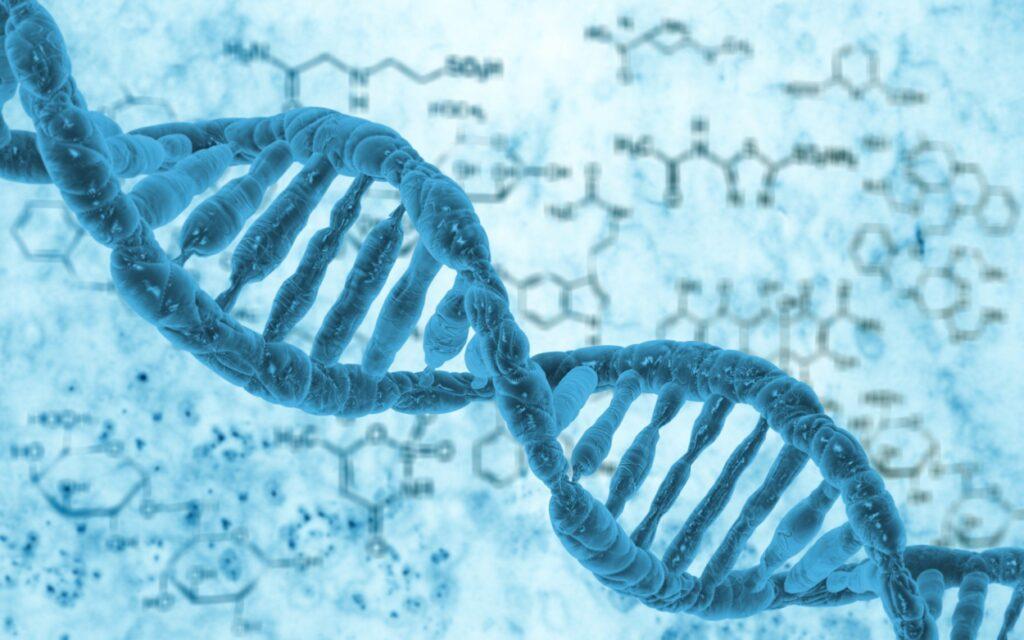Patients often come to me with the question: is there a good cardiologist in Valencia. As a pediatric cardiologist and for adult patients in Valencia. Highly qualified cardiologists in Valencia will help you identify and treat, if you have any, cardiovascular diseases. As a general practitioner, I provide consultations on cardiovascular diseases. However, for those who need a deep and complete examination or control exclusively by a Cardiologist, then I refer my patients to the best specialists.
To get my recommendations, sign up for my consultation. I would like to remind patients that cardiac ultrasound in Spain is performed only by a Cardiologist, not a Radiologist. We also perform cardiac stress tests and cardiac MRI. We will also perform coronary angiography (coronary angiography) or cardiac angiography in Valencia.

Ultrasound examination of the heart in Spain will help to identify hidden problems that threaten to develop into a serious disease over time. Diagnosis and treatment of cardiovascular diseases in Valencia is carried out by doctors of the highest qualification - regardless of the stage of the disease, they will do everything possible to reduce the severity of symptoms, reduce the risk of serious consequences and improve the patient's quality of life.
At the service of our clients is cardiology in Valencia. You can undergo a full range of examinations, having received advice from highly qualified specialists in Russian. These examinations are also included in the special Cardiology Check-up in Valencia programs.

TESTS AND HEART EXAMINATIONS IN VALENCIA
LEVEL 1 TESTS
1. Clinical Questionnaire Review
At the beginning of the program, cardiologists provide information and education about sudden cardiac death to those participating in the program. During informational conversations, doctors ask patients to talk about their symptoms that preceded the attack, such as fainting or chest pain. It is also very important to find out the genetic history of the disease. All this data helps to make a correct diagnosis and prevent sudden cardiac death.
2. Physical examination
The physical examination includes a number of tests, such as measuring weight and height, auscultation of the heart, lungs and carotid arteries, and measuring pulse and blood pressure. These tests help the doctor obtain simple and reliable information about the patient's health, as well as understand their general condition. A physical examination also helps the patient make decisions about further treatment and diagnosis of their health. Therefore, it is very important that patients undergo a physical examination before making any decisions.
3. Electrocardiogram
An electrocardiogram (ECG) is a non-invasive diagnostic test that measures the heart's electrical activity with each beat and can detect some cardiac abnormalities. This activity is recorded by placing patches (electrodes) on the surface of the patient's body and is usually recorded on paper.
It does not require much investment in time, however, it has very great potential in identifying problems with heart valves. Almost all patients have long known everything about the cardiogram, so we will not talk much about the features of this examination, etc. Please note that it is very important for us to know what the electrical activity of your child’s heart is.
4. Echocardiogram
An echocardiogram is a noninvasive diagnostic test that uses ultrasound waves to create a moving image of the heart that can detect abnormalities in the heart. Images are obtained on a screen after a conductive gel is applied either directly to the patient's chest or to an imaging device (transducer).
Our cardiologist receives the results immediately. It is important for us here to understand the dynamic features of the athlete's main motor, how the valves work and if blood is pumped properly. Sometimes we are asked about the integrity of the interventricular and interatrial septum, which the child once had in childhood, according to the parents, with some vague suspicion of an anomaly. So we can answer about the condition of the heart septum today.
MAGNETIC CARDIO RESONANCE OF THE HEART IN VALENCIA
It is a non-invasive, safe cardiac imaging method that relies on magnetism and radiofrequency waves to recognize in detail the function and structure of the heart. For magnetic resonance imaging, the patient's heart is placed in the scanner, and it is important that there are no metallic elements.
Perhaps, there is simply nothing more technologically advanced today than this examination of the heart. It remains only to use contrast for painting the vessels of the heart, but this is a completely different topic for discussion, which you can get acquainted with in our main examination section.
MRI WITHOUT CONTRAST allows you to give an anatomical and functional assessment of all structures of the heart, allows you to accurately determine the diameter and volume of the heart cavities, as well as the function of the valves, provide additional information for the echo signal in patients with heart disease.
CONTRAST MRI OF THE HEART (REALCE EXTENSION) evaluates myocardial viability or late enhancement with GADOLINIUM and allows assessment of the extent of cardiac muscle damage in patients with a history of myocardial infarction. This information is useful in making decisions about revascularization in patients with ventricular dysfunction of ischemic-necrotic origin.
MRI is indispensable for rate myocardiopathy and provides valuable information on diseases affecting the myocardium, and in many cases it is the method of choice: hypertrophic obstructive cardiomyopathy, arrhythmogenic right ventricular dysplasia, myocarditis, amyloidosis, sarcoidosis, non-compact cardiomyopathy.

GENETIC TEST FOR HEART DISEASE
The genetic test includes a basic list of genetic diseases and mutations of the corresponding genes. Useful for both common and rare cardiac diseases. This is an exam that, based on genetics, provides information about possible genetic abnormalities that may predispose to sudden cardiac death, that is, vulnerability to certain hereditary heart diseases.
All the main genes responsible for the state of the heart as an organ as a whole will be investigated and analyzed, and the genes for hereditary diseases of the heart and central vessels (GEN gen MYLK, gen MYH11, gen ELN) will also be included.
The main list of genetic diseases:
- Familial thoracic aortic aneurysm 7 - MYLK gene
- Familial thoracic aortic aneurysm 4 - MYH11 gene
- Anomalies of the coronary arteries, autosomal dominant - genes LRP6, MEF2A
- Hereditary angiopathy with nephropathy and aneurysms - COL4A1 gene
- Bicuspid aorta and arterial tortuosity — EFEMP2, FBLN5, NOTCH1, SLC2A10 genes
- Ankirin B-associated cardiac arrhythmia - ANK2 gene
- Familial arrhythmia – 85 genes (ACTC1, NKX2-5, TTR…)
- Type IB progressive heart block - TRPM4 gene
- Congenital heart disease - 51 genes
- Atrial septal defect 3 - MYH6 gene
- Atrial septal defect type 2 - GATA4 gene
- Ventricular septal defect type 1 - GATA4 gene
- Septal defects - 14 genes (ACTC1, CITED2, CRELD1...)
